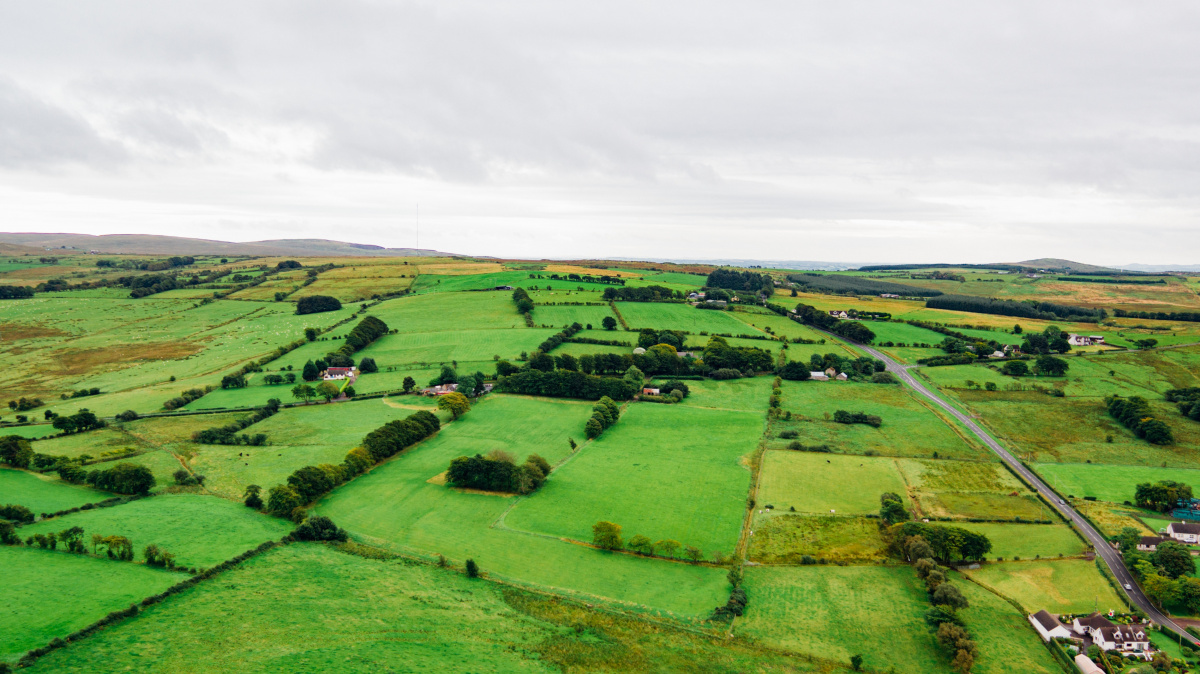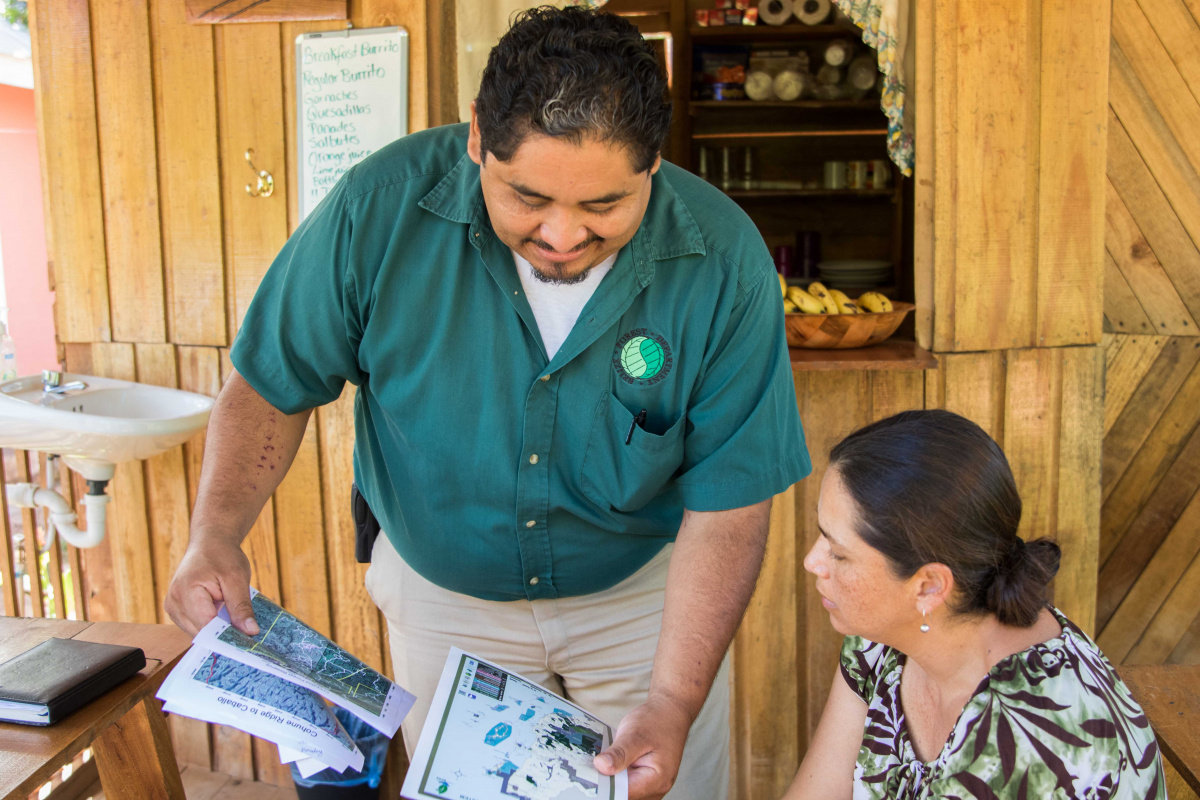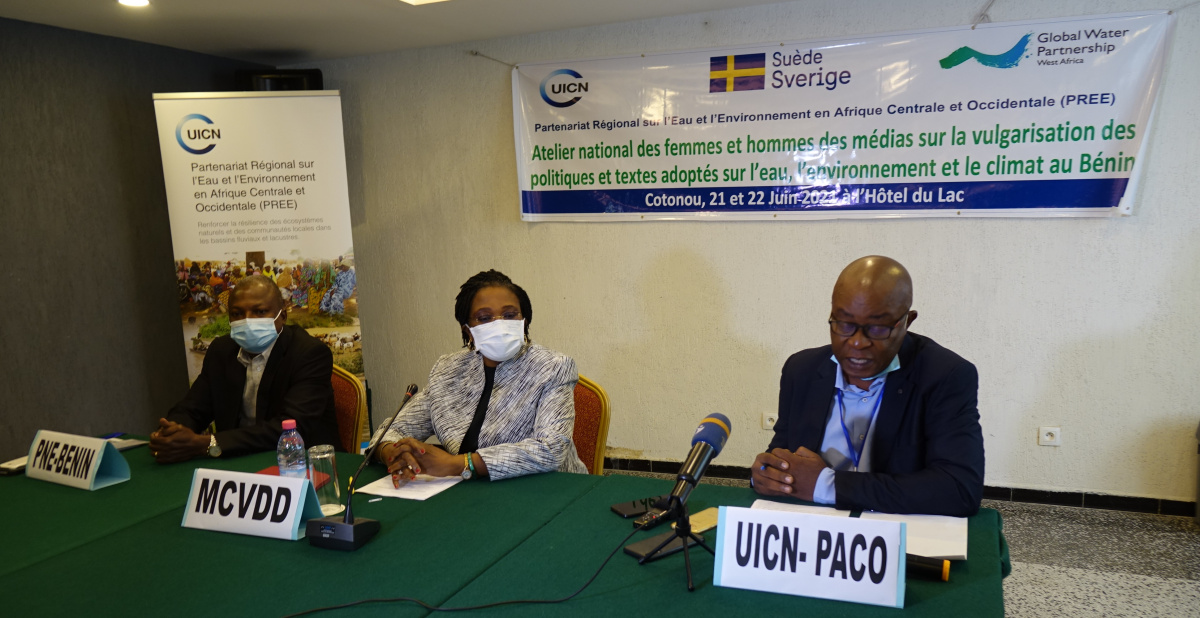EU’s agricultural policy gets final green light from Parliament
Today, the European Parliament gave the final seal of approval to the Common Agricultural Policy (CAP) for the period 2023-2027. The agreement, which was negotiated between the European Commission, Parliament and Council of the EU, passed the plenary vote with a large majority.

Aerial view of field
Photo: Kelly L / Pexels
The policy, worth around one third of the EU budget, is the bloc’s main instrument to support farmers, rural areas and food production. The next programming period will bring a new governance system and will determine whether we can achieve the environmental goals in the countryside. The Member States’ national plans under the policy – known as the CAP Strategic Plans - are already under preparation.
'The lack of binding targets means that the responsibility of real change lies with the Member States. Success in protecting our environment will depend on the design and implementation of the individual CAP Strategic Plans. We hope that national governments will rise to the challenge and ensure that only sustainable agriculture practices will be supported in future in the EU,' said Alberto Arroyo Schnell, Head of Policy and Programme at IUCN Europe.
The next CAP will be implemented in the context of greater needs and ambitions for environmental protection. The European Green Deal, and in particular the Farm to Fork and Biodiversity Strategies, set pioneering sustainability objectives for the coming decades. The intensification of agriculture is the leading driver of biodiversity loss in Europe and causes detrimental greenhouse emissions. It is of utmost importance that the objectives of these policies, are well reflected in the implementation of the CAP. Although the CAP sets key objectives on agriculture and climate change mitigation, efficient soil management and biodiversity and farmed landscapes, some concerns remain.
The plans should set concrete targets and actions that will align the CAP with the European Green Deal and ensure that the budget allocation fully supports its objectives on biodiversity and climate. Both agricultural and environmental needs should be taken into consideration, aiming for long-term impact and ensuring, at the very least, that no significant harm is caused as a result of national actions. Eco-schemes, one of the key tools to increase farmers’ environmental commitment, should facilitate real positive impacts for the environment rather than support minimum efforts.
However, preliminary results of an ongoing study [1] by environmental NGOs indicate that the ambitions of the available draft CAP Strategic Plans are not high enough. The results indicate that most plans lack measures to reach the targets on landscape features and the protection of grasslands and peatlands, among other flaws. The results suggest that Member States need to step up their level of ambition in their plans and also the Commission in the approval process.
Time is running out to reach Europe’s goals for 2030 to halt biodiversity loss and fight climate change. Further pressure has been added because of a two-year delay of the CAP programming period to 2023. The design and implementation of these CAP Strategic Plans will be crucial for the future of Europe’s nature and countryside, and for the well-being of the next generations.
For further information, contact Edel Shanahan, Policy and Communications Officer, IUCN Europe
[1] Birdlife International and European Environmental Bureau (2021), CAP Strategic Plans: New assessment shows Member States fall short of saving nature



